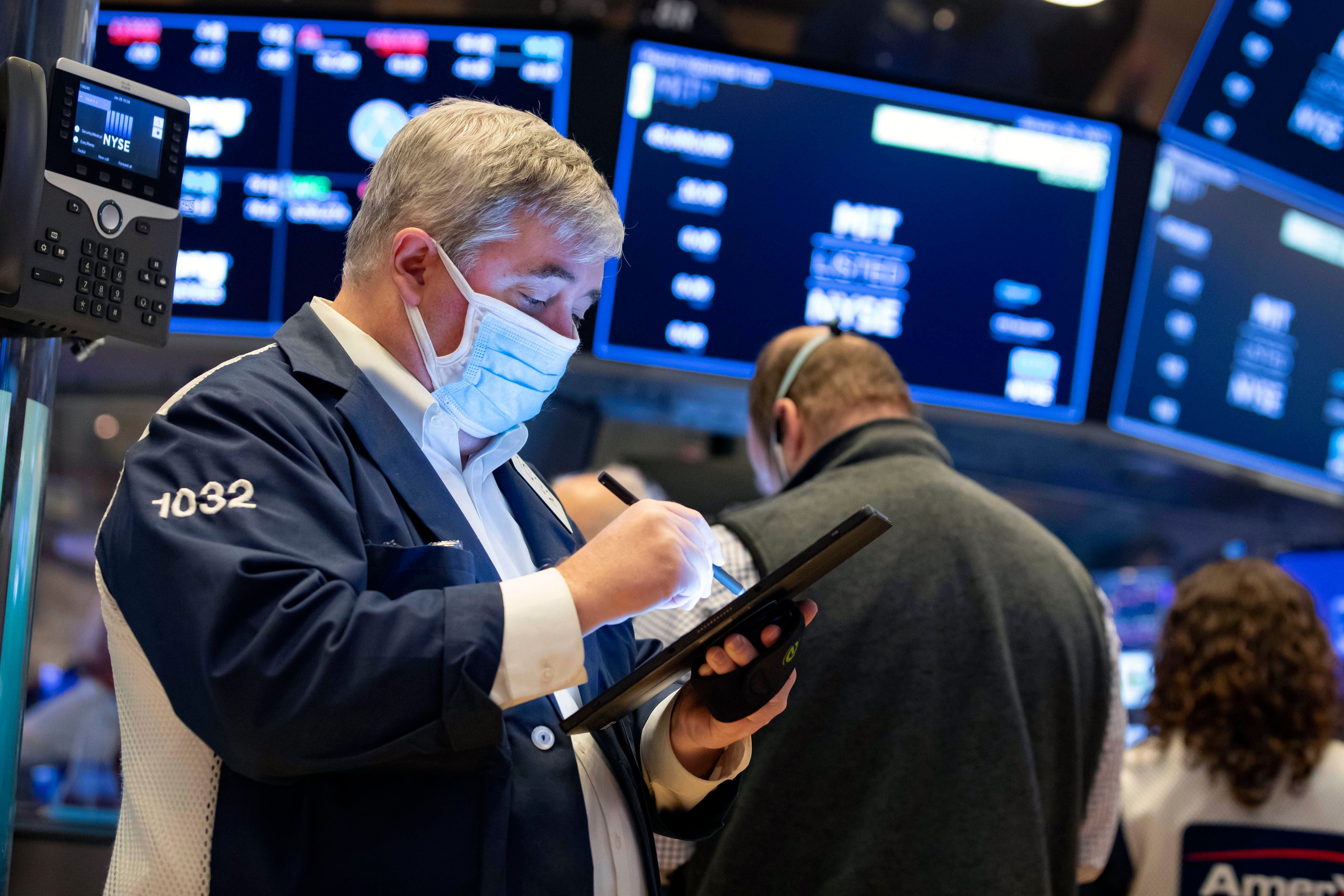We should celebrate that retail investors are a force again – but care still has to be taken
Regulators will not want to curb retail trading but they also have to police the markets, writes Hamish McRae


Retail investors are again a force, as the trading shenanigans during the past few days have shown.
We are used to the markets being run by professionals – the institutional investors, the hedge funds and so on. Small investors on both sides of the Atlantic could participate and increasingly did so thanks to online trading platforms, but their footprint was small. They could, if they were wise and did the work, make money for themselves. But they couldn’t move markets, nor indeed would they want to.
If you have a good idea better to keep it to yourself and wait until the professionals caught up. On average, however, personal investors did not outperform the professionals and the share of individual holdings as a percentage of the total shrank. According to Pew more than half of US households have a stake in the stock market, but only 14 per cent held shares directly.
Now, two changes have happened that alter the balance of power. One is that individual investors, as a group, seem to been more confident about the durability of the surge in values of high-tech America.
A study of investors who used the Robinhood platform showed that they outperformed the market. You could say this is simply a bull market phenomenon: inexperienced investors get sucked into bull markets, whereas the professionals know that all markets eventually turn and are more cautious. I worry that US high-tech stocks are a bubble and a lot of people are going to lose their shirts. But so far the enthusiasts seem to have won.
The other is the ability of private investors to band together using social media as the glue. Call it the Reddit Revolution. Actually if Reddit did not exist (and it has been around since 2005) it would be something else. Acting together, a band of retail investors can mobilise huge amounts of money, enough to move markets, something that only a tiny number of institutions can do. They have used this power to corner particular markets – the shares of companies that have shorted by hedge funds, or commodities such as silver.
The stories of an individual making a fortune by cornering a market are familiar enough. Remember Mister Thorn from Ohio, in the song “Always True to You (In My Fashion)” by Cole Porter from Kiss Me, Kate? “Mister Thorn once cornered corn and that ain’t hay.” What’s new is that a group of like-minded investors can now do a Mister Thorn, though I hardly think that Ella Fitzgerald would have sung about them.
But before you celebrate the triumph of the little guys against big money, consider this. The more powerful these investors are, the more they will come to be regulated. So if it is wrong for large investors to collude to corner a market (it is called a concert party), which it is, it must also be wrong for small ones to band together online to do the same.
There is a further problem. What if the investment platforms can’t cope with the volumes thrown at them? Robinhood had to raise another $2.4bn (£1.7bn) over the weekend after $1bn last week – numbers that certainly ain’t hay.
Regulators will not want to curb retail trading, for that would be anathema to them. They have to be on the side of the little investors. But they also have to police the markets, ensuring orderly trading. The past few days have been less than orderly. I am intrigued by some comments by Mohamed El-Erian, former chief executive of the US bond investment giant Pimco, and now president of Queens’ College, Cambridge. In a Bloomberg column he wrote about how the regulators would have to go on the attack: “Among the targets could be small investor protection, investment suitability criteria, margin limits, possible collusion and price manipulation, and market structure.”
Actually I think the biggest threat to stability comes less from this democratisation of financial markets and more from a disorderly end to the bull market. Sooner or later inflation will return. Interest rates will have to go up and free money will end. Then I fear that a lot of inexperienced investors will get caught out, and that will undermine faith in the market system more generally.
Meanwhile, however, let’s celebrate the fact that sometimes the little investor wins. I just hope not too many of them have been caught up in the market turmoil today.




Join our commenting forum
Join thought-provoking conversations, follow other Independent readers and see their replies
Comments